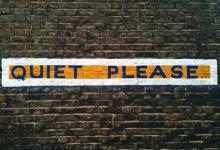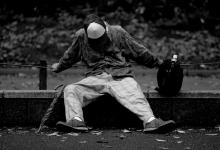Shut the revolving door on the way out: the politics of negative internationalisation
Of the many fulsome initiatives intended to normalise the trauma of forced emigration, an ad campaign for a soft drink goes in at number one with a bullet. By purchasing the product of this global corporation, you enter a draw for the prize of bringing back a group of your recently emigrated friends. They will, if you are successful, be back in Ireland on Saint Patrick's Day for 'the craic'. Recession-busting pizza might give you heartburn, but as Hugh Green examines, there's nothing like an emigration-busting soft drink to ease the heart ache.








